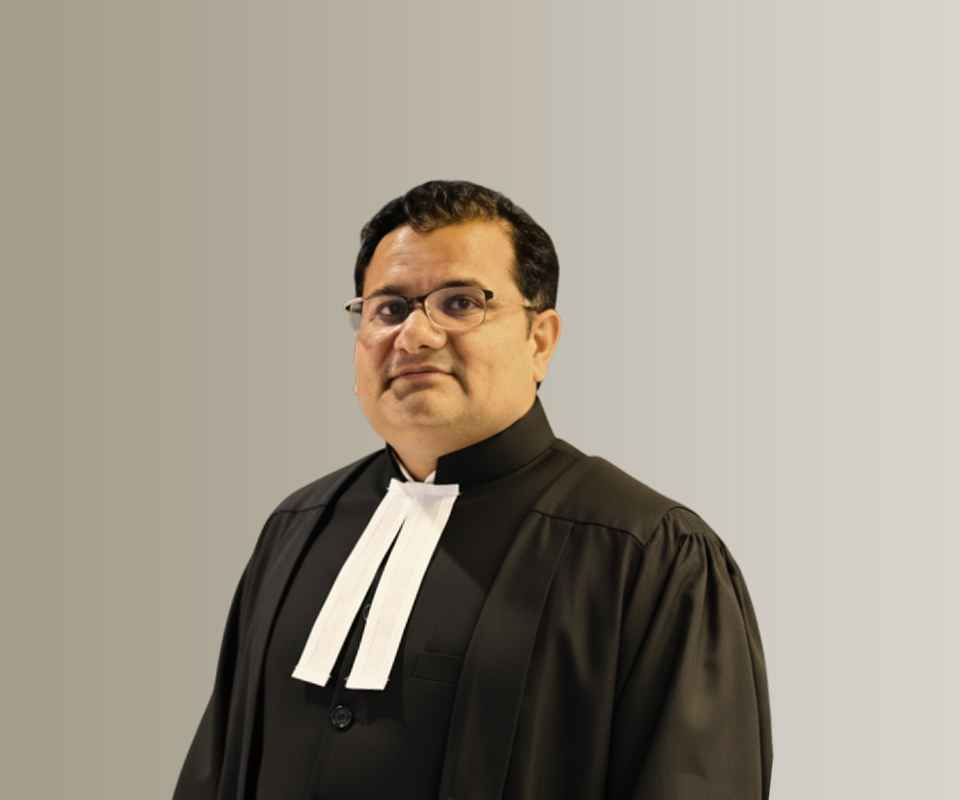Answer By law4u team
If an heir is excluded from an inheritance due to fraud, they may pursue several legal remedies to challenge the exclusion and recover their rightful share of the estate. Legal actions focus on proving that the will or estate distribution was altered or manipulated through fraudulent means. Below are the steps heirs can take:
Legal Remedies for Heirs Excluded from Inheritance Due to Fraud:
Contest the Will: If an heir believes that fraud or undue influence led to their exclusion from the inheritance, they can contest the validity of the will in probate court. This involves challenging the authenticity of the will or claiming that it was forged or altered under fraudulent circumstances.
File a Claim for Fraudulent Transfer: If the inheritance was wrongfully altered or assets were transferred through fraudulent means, the heir can file a claim for fraudulent transfer. This could involve proving that assets were improperly diverted from the estate before the decedent's death.
Seek Injunctive Relief: In cases where immediate action is required to stop the fraudulent actions or prevent the distribution of assets, the heir can seek injunctive relief from the court. This may temporarily halt the distribution of the estate until the case is resolved.
Prove Lack of Testamentary Capacity or Undue Influence: Heirs can argue that the deceased lacked testamentary capacity (the mental ability to make a valid will) or was unduly influenced by another party when creating or altering the will. This can help in establishing that the will does not accurately reflect the decedent's true intentions.
Recover Assets in Probate Court: If the court determines that fraud was involved in the creation or execution of the will, it may order the redistribution of the estate according to the decedent’s actual wishes, often in line with the legal heirship rights, and may revoke any fraudulent actions.
Consult a Lawyer: Heirs should consult an attorney specializing in probate law and inheritance disputes. Legal counsel can assist with gathering evidence of fraud, including witness testimony, handwriting analysis, or other forms of evidence that support the heir's claim.
Example:
If an heir believes their share of the estate was fraudulently altered, they may discover that a new will was created shortly before the decedent’s death, which disinherited them. The heir can contest the will in court, claiming that the new will was forged or signed under duress or influence from another family member. The court may investigate the circumstances surrounding the will's creation and, if fraud is proven, could invalidate the fraudulent will, allowing the rightful heir to inherit their share.






